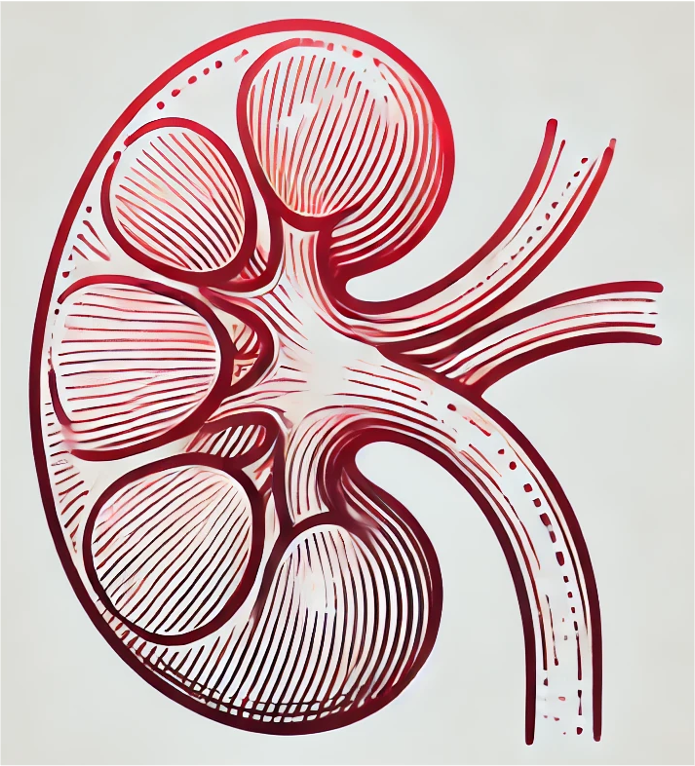Description
Background Acute kidney injury (AKI) is a devastating clinical condition affecting at least two-thirds of critically ill patients and among these patients is associated with a greater than 60% risk of mortality. Kidney mononuclear phagocytes (MP) are necessary for pathogenesis and healing in mouse models of AKI and thus have been the subject of investigation as potential targets for clinical interventions.; Methods and Results We have determined that, after injury, F4/80Hi-expressing kidney resident macrophages (KRM) are a distinct cellular subpopulation that does not differentiate from non-resident infiltrating MP. However, if KRM are depleted using polyinosinic:polycytidylic acid (poly I:C), they can be reconstituted from bone marrow derived precursors. Further, KRM lack major histocompatibility complex class II (MHCII) expression before post-parturition day 7 (P7) but upregulate it over the next 14 days. This MHCII- KRM phenotype reappears after injury. RNA sequencing shows injury causes transcriptional reprogramming of KRM to more closely resemble that found at P7. Post-injury KRM are also enriched in Wingless-type MMTV integration site family (Wnt) signaling, indicating a pathway vital for mouse and human kidney development is active.; Conclusions These data indicate that mechanisms involved in kidney development may be active after injury in KRM.
Overall Design
RNA Sequencing analysis of mononuclear phagocytes isolated from kidneys of 10-wk old male mice after ischemia-reperfusion injury or during healthy state or development.
Curator
hy_li
